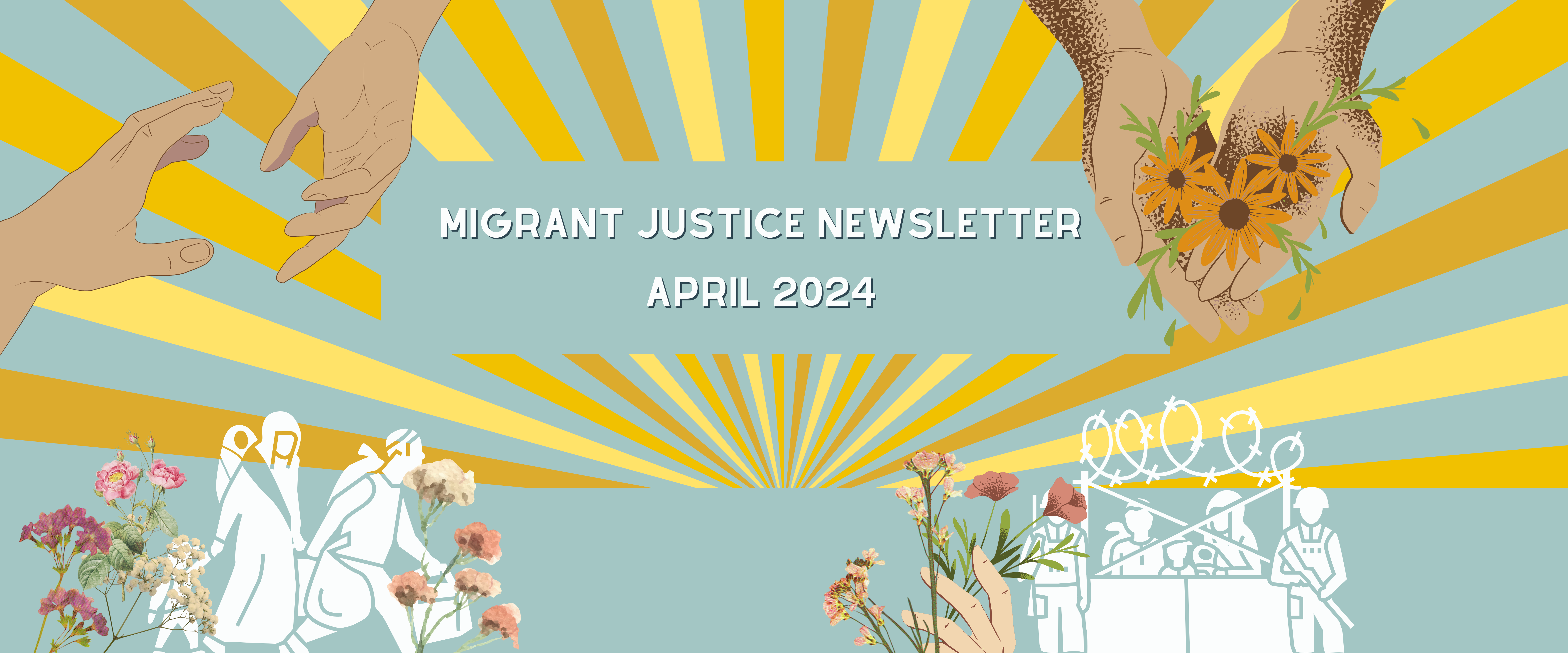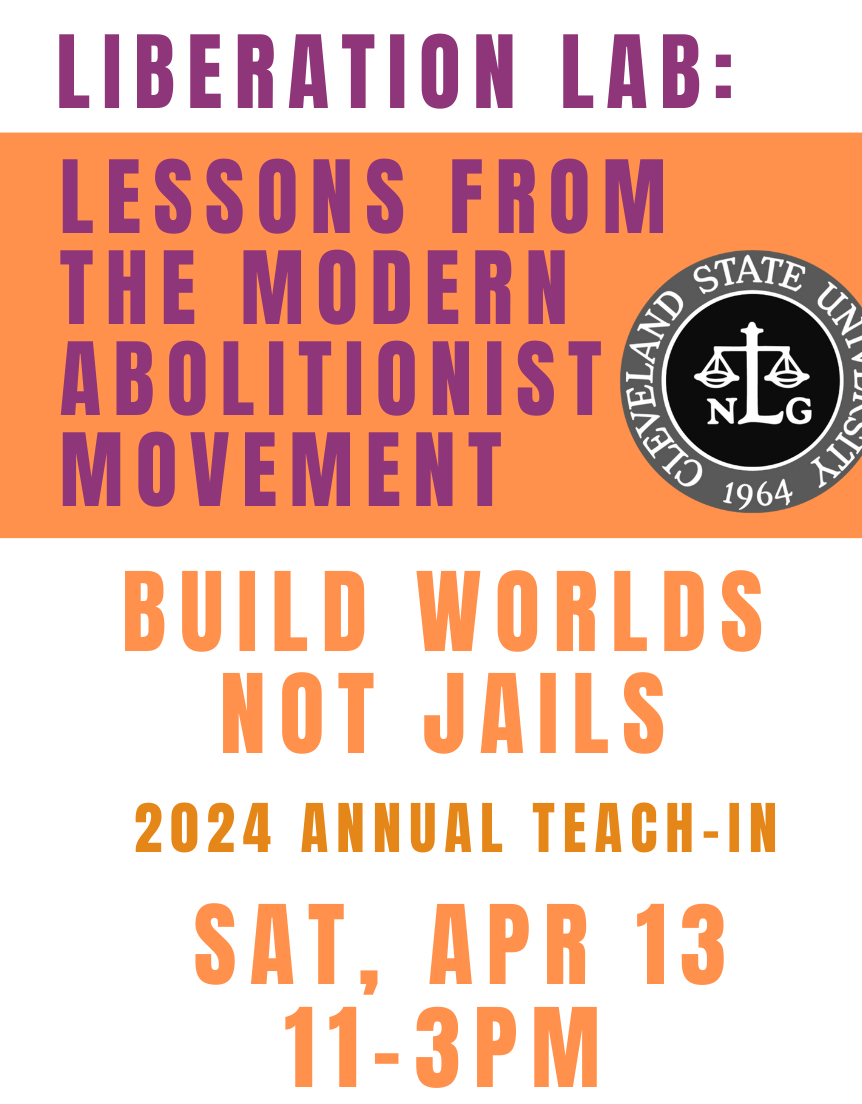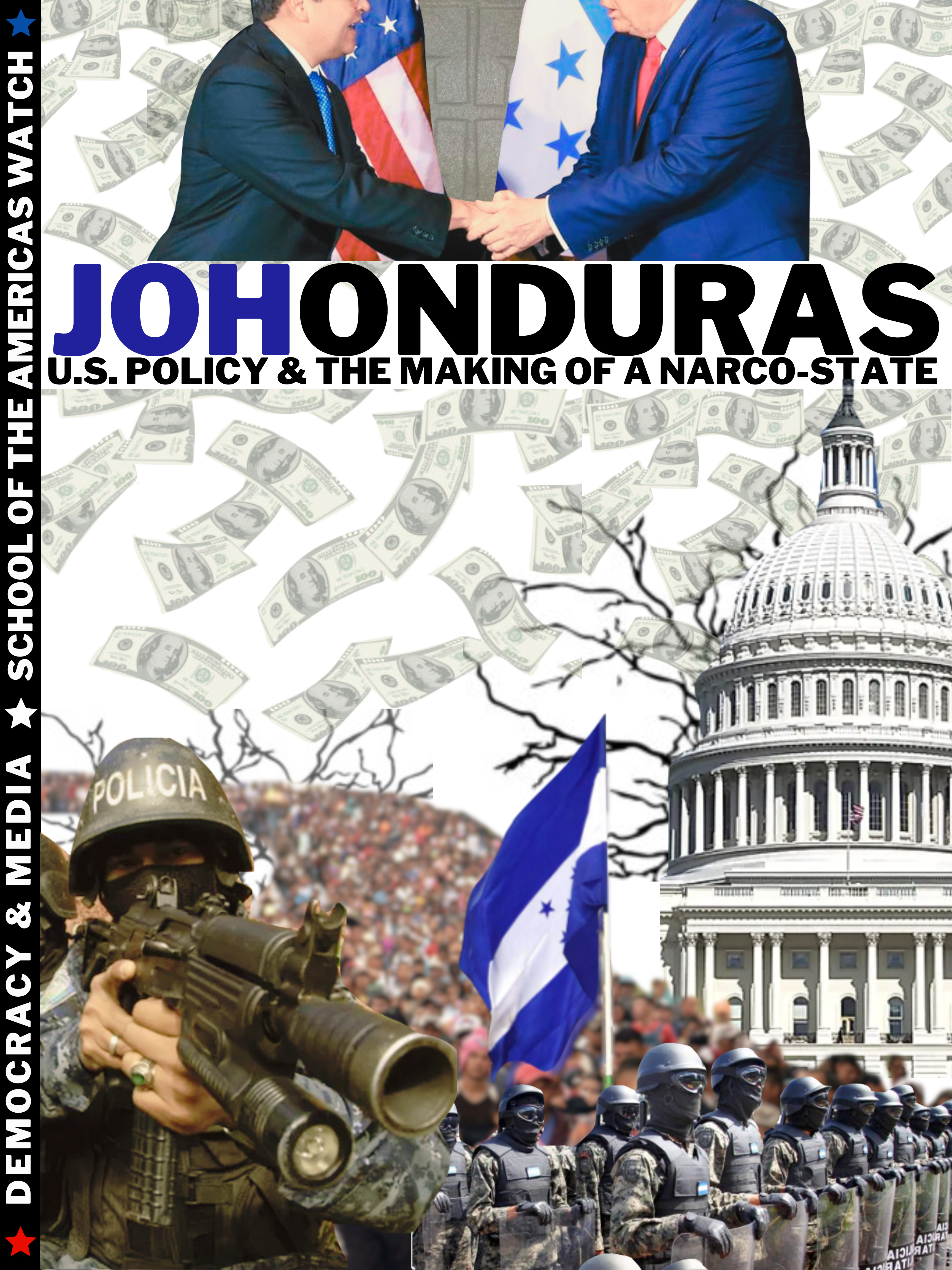Dear Friends,
Approaching the twenty third year of the War on Terror, the United States continues to subject Muslim communities domestically and globally to its refined practices of state violence. US State terror continues largely unabated, and in fact has been enhanced by new technologies of surveillance and violence on Muslim communities. Join Muslim Counterpublics Lab for a critical conversation on not only the archive and legacy of US state violence, but how it continues to shape collective memory. Panelists will share how Muslims have experienced, narrated, and embodied the War on Terror over two decades. Panelists will also share their tool-kit of interventions and tactics to resist in the face of ongoing violence against Muslims. Finally, the panelists will reflect on and articulate what justice and accountability might look like for Muslims - amidst ongoing violence and dehumanization.
Muslim Counterpublics Lab is hosting this panel discussion on the occasion of the launch of our digital exhibition, “Shattering Justice & Re-Making the Muslim Threat.” The digital exhibition compliments the physical exhibit, and is a robust political education tool that includes in-depth explanations of each of the events, laws, and policies that are featured on the images throughout.
RSVP : Shattering Justice & Re-Making the Muslim Threat (jotform.com)






